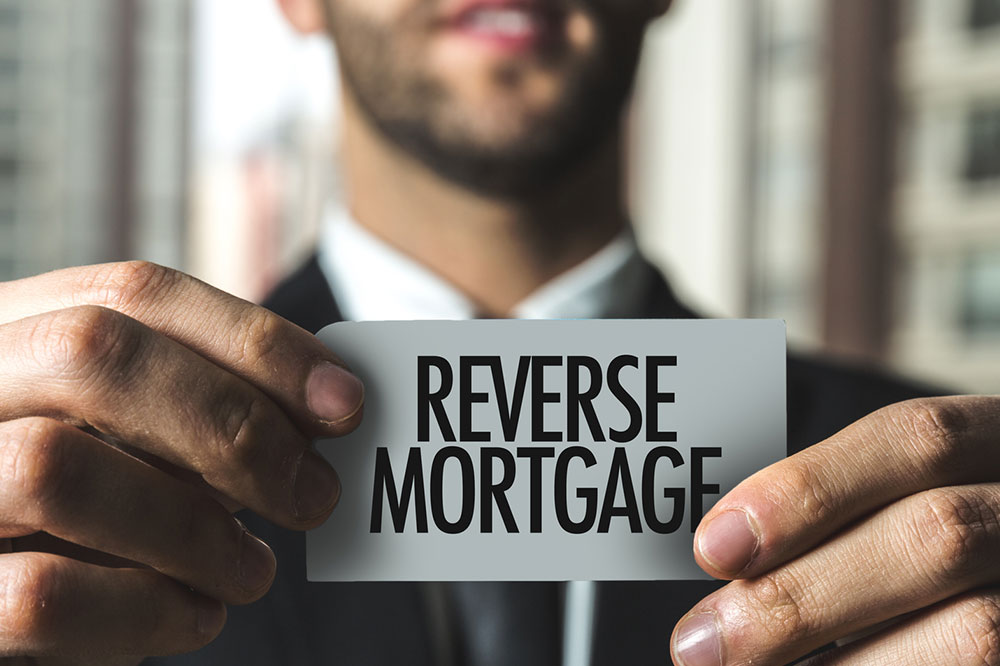Guide to Reverse Mortgages for Seniors: Key Facts and Considerations
This comprehensive guide explains reverse mortgage options for seniors, covering types, eligibility, cancellation, repayment, and benefits. It emphasizes the importance of understanding all aspects and seeking counseling to make informed financial decisions, helping seniors access home equity safely and effectively.

Guide to Reverse Mortgages for Seniors: Key Facts and Considerations
Essential Details About Reverse Mortgages for Older Adults
Reverse mortgages allow seniors aged 62 and older to access the accumulated equity in their homes. These loans, secured by the property, are offered by lenders and require careful review of all terms beforehand. Consulting with family members and financial advisors is recommended before proceeding. While these loans can provide financial relief, understanding their full implications is essential for making sound decisions.
Types of Reverse Mortgage Loans Available for Seniors
Home Equity Conversion Mortgage (HECM): Managed by the U.S. Department of Housing and Urban Development, it’s insured by the FHA but issued by private lenders. It’s not a direct government loan.
Proprietary Reverse Mortgage: Privately offered, these loans are suitable for homes that don’t qualify for FHA-backed options. They often include borrower protections and counseling requirements.
Proprietary reverse mortgages are ideal for seniors with properties that exceed FHA loan limits.
Eligibility Criteria and Responsibilities
Minimum Age: Borrowers must be at least 62; exceptions for spouses may apply with additional assessments.
Primary Residence: The home used as collateral must be the primary residence. Investment properties or vacation homes aren’t eligible.
Tax and Insurance: Borrowers are responsible for maintaining property taxes, insurance, and HOA or condo fees.
Home Maintenance: Proper upkeep and repairs are necessary to keep the home in good condition.
Inheriting the Property: Heirs can settle the loan by transferring ownership or through estate processes after the homeowner’s passing, with the property passing via will or law.
Is It Possible to Cancel a Reverse Mortgage?
Cancellation procedures vary among lenders; clarifying options in advance is recommended.
Early discussions can help weigh the benefits and risks of canceling.
Repayment Schedule for Reverse Mortgages
Unlike typical loans, reverse mortgages don’t have fixed repayment periods.
Repayment usually occurs after the borrower’s death or permanent move-out.
The home is sold to pay off the debt; if proceeds are insufficient, lenders absorb the loss with no claim against heirs’ assets.
Is Counseling Necessary?
Many seniors may not fully understand reverse mortgages.
Counseling helps ensure they grasp all details, preventing potential financial issues.
Benefits of Reverse Mortgages for Seniors
Multiple payment choices, such as monthly payments or credit lines.
Allows seniors to stay in their homes without monthly mortgage payments.
Heirs are not responsible if the loan exceeds home value.
Remaining equity can be inherited after loan repayment.
Often have lower interest rates compared to other borrowing options.
Utilizing online calculators can help seniors evaluate costs and advantages before choosing a reverse mortgage, facilitating informed decision-making with accessible tools.


